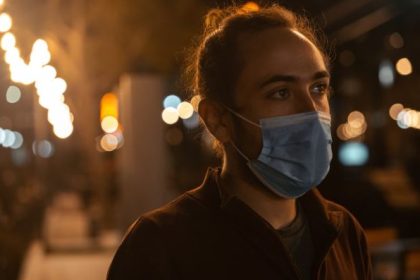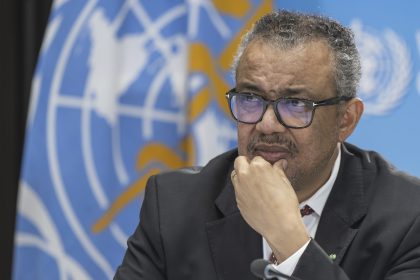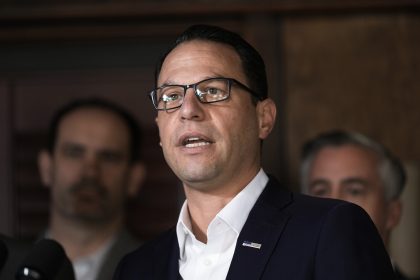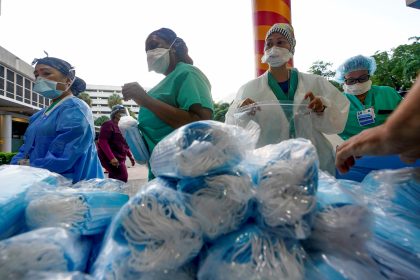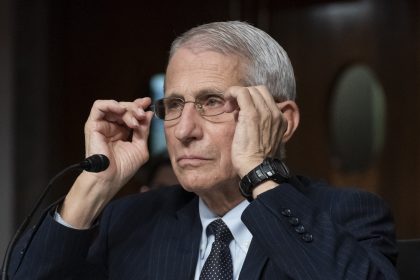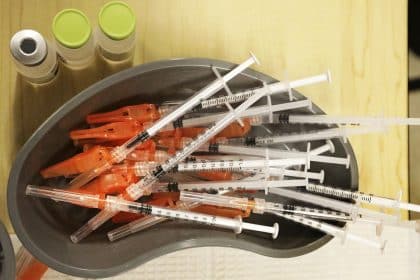Political Polarization Impeded Public Support for COVID-19 Response

SAN ANTONIO — Public sentiment regarding COVID-19 mitigation strategies was undermined by polarization from political actors around the globe, according to new research published in the Proceedings of the National Academy of Sciences.
Researchers from around the world contributed to the study which examined the effects of political cues and affective polarization towards support for policies to manage the COVID-19 pandemic. The study was conducted by Alexandra Flores and Jennifer Cole of the University of Colorado at Boulder’s Department of Neuroscience and Psychology with contributions from researchers at the Department of Behavioral Sciences and Learning at Linköping University in Sweden, the Department of Psychology at the University of Klagenfurt in Austria, and Swansea University’s School of Psychology, among others.
The surveys were conducted from early August to mid-November, 2020, when varying COVID-19 restrictions were in place nationwide and around the globe. Liberal and conservative respondents were surveyed in Brazil, Israel, Italy, South Korea, Sweden, the United Kingdom and the United States. Their support for COVID-19 policies correlated closely with initiatives brought forth by ingroup political elites and nonpartisan experts.
Conversely, policies and mitigation strategies posed by outgroup political elites and partisan coalitions correlated with higher levels of mistrust in the countries analyzed by the researchers. The findings imply that politicians play an outsized role in shaping public attitudes towards public health crises while scientific experts are trusted to set the record straight and eliminate polarization.
“Indeed, across countries, policies from bipartisan coalitions and experts were more widely supported,” the researchers wrote in their findings. “A follow-up experiment replicated these findings among U.S. respondents considering international vaccine distribution policies. The polarizing effects of partisan elites and affective polarization emerged across nations that vary in cultures, ideologies and political systems.”
The respondents were asked if they trusted, liked or felt warmly towards mitigation policies, and their responses consistently tracked with their support for the respective political parties they identified with. Polarized public opinion in relation to COVID-19 policies emanated globally merely because they became associated with opposing political parties and politicians, the researchers said.
Contrary to popular belief, respondents from the U.S. were not found to be more polarized on COVID-19 issues than international respondents. Theories developed to explain polarized reactions to political cues largely tend to originate from and focus on U.S. politics, but the researchers contend that this focus is unwarranted because polarizing processes occur wherever political ingroups and outgroups are formed.
“Importantly, the results demonstrate that policies to combat public health crises are more supported when proposed by nonpartisan experts and bipartisan coalitions of political leaders. These results provide clear guidance on depolarizing communication strategies to improve global responses to health crises.”
The findings of the PNAS report are supported by the results of similar studies conducted both domestically and internationally. One research report undertaken by Sebastian Jungkunz of the University of Duisburg-Essen’s Institute for Socio-Economics also found that the way parties and politicians handled the response to the COVID-19 pandemic in the United States and Europe influenced the polarization of public opinion.
Similarly, a September 2021 study published in the peer-reviewed journal ScienceDirect found that public response to the COVID-19 pandemic had been politicized in the U.S. by the influence of cues from news media and political elites. In that study, the researchers contended that “far right-leaning media” in particular facilitated the spread of misinformation about the COVID-19 pandemic in comparison to “mainstream media.”
Another study published by the National Library of Medicine in April 2020 concluded political polarization acted as a cultural barrier for coordinating action in response to the pandemic. Researchers from academic institutions in both the U.S. and internationally asserted in their findings that political polarization during a pandemic posed a significant hazard because it has the potential for differing population segments to draw conflicting conclusions regarding the severity of the threats posed and what actions should be taken to address them.
“This is not the one to use for politics,” Director-General Tedros Ghebreyesus of the World Health Organization warned during an April 2020 virtual press conference. “It’s like playing with fire. … Please work across party lines, across ideology, across beliefs, across any differences for that matter. We need to behave. That’s how we can defeat this virus.”
Reece can be reached at [email protected].
















